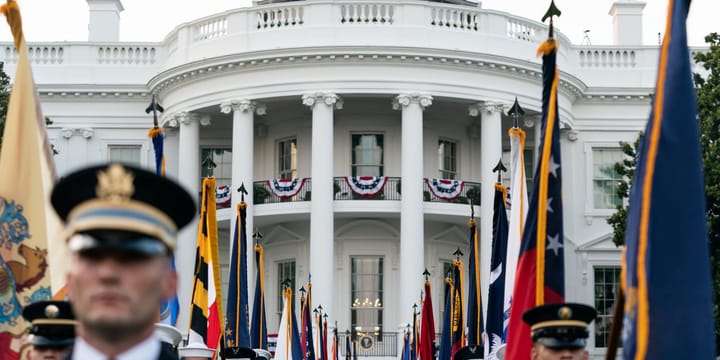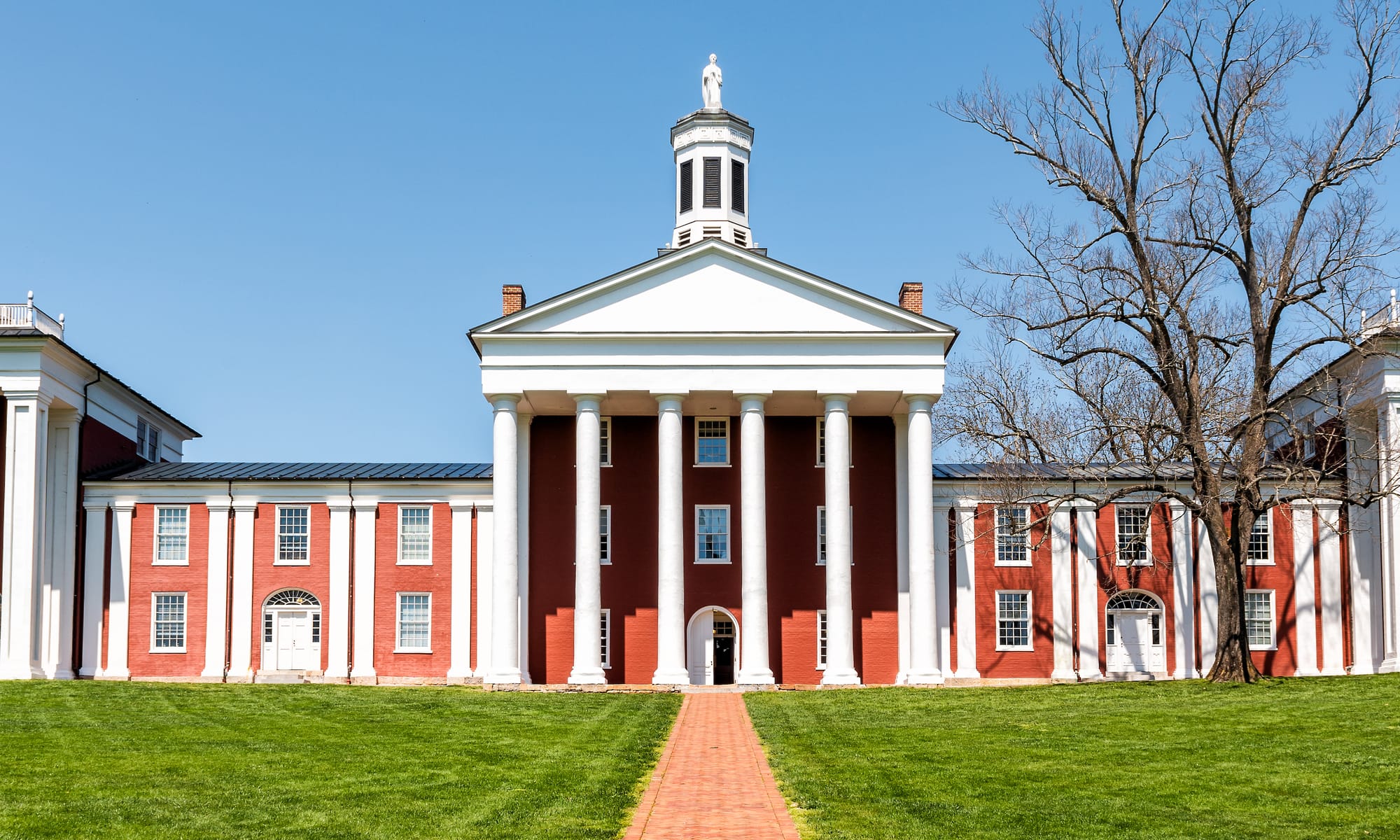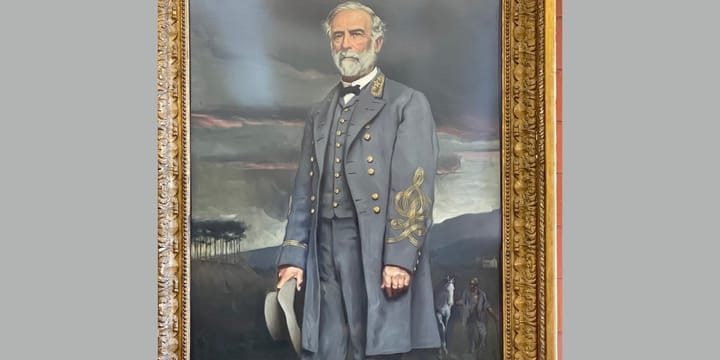The military won't save us
The military's changing role under Trump "We Used to Think the Military Would Stand Up to Trump. We Were Wrong."

In a sobering assessment of civil-military relations under the current Trump administration, former National Security Council officials Steven Simon and Jonathan Stevenson argue that the U.S. military no longer will serve as a constitutional bulwark against authoritarian overreach (NYT Guest Link).
Their analysis (in the New York Times) challenges previous assumptions about military resistance to questionable presidential directives.
Military independence has eroded
The authors point to Trump's deployment of 800 National Guard troops to Washington D.C. They've been deplory ostensibly to address crime. But with crimes rates at new low, it's widely viewed as a "test case" for domestic military deployment. This follows the administration's use of military personnel in California for deportation efforts in June 2025.
Unlike Trump's first term, when generals like Mark Milley and James Mattis resisted certain orders, today's military leadership appears more compliant. Simon and Stevenson attribute this shift to systematic changes in military promotion practices. Trump has dismissed senior officers without cause while elevating loyalists like former National Guard General Dan Caine. Defense Secretary Pete Hegseth's firing of top Judge Advocates General further demonstrates the administration's prioritization of loyalty over legal expertise.
The militarization of domestic policy
The essay details how the administration has restructured military involvement in domestic affairs. The Pentagon has redesignated military personnel from Title 10 to Title 32 status to enable "direct interaction with individuals in ICE custody." Additionally, ICE can now utilize National Guard forces in 20 states for immigrant processing.
This goes against long-standing tradition and precedent.
More significantly, Trump is effectively merging Northern Command (Northcom) and the Department of Homeland Security into a unified internal security apparatus. Both organizations were originally created after 9/11 to address external terrorist threats, but are now being repurposed for domestic operations.
Might I remind everyone that domestic terror is perpetrated by white supremacist males.
Historical precedent and military culture
The authors draw a parallel to the Army's internment of Japanese Americans in 1942. Officers carried out these orders despite knowing there was no legitimate security justification. Military culture naturally adapts to new missions, with pragmatic officers advancing over those who resist change.
Current military leadership has shown no public objection to officer dismissals or questionable deployments of Marines to California and Florida. This silence suggests institutional acceptance of the administration's domestic military strategy.
The risk of escalation and uncertain outcomes
Simon and Stevenson warn that soldiers trained for combat, not law enforcement, may struggle with constabulary duties. We've seen this play out abroad, notably in Iraq.
Military deployment in urban areas could also provoke armed confrontations with citizens, potentially giving the administration justification for further authoritarian measures.
The second amendment is their north star until is a black man with a gun.
California Governor Gavin Newsom's lawsuit challenging for judicial intervention. While a District Court initially ruled against the administration, the Court of Appeals reversed this decision. The authors suggest that only a unanimous Supreme Court ruling might compel Trump to respect constitutional limits, though they express skepticism about the Court's willingness to constrain presidential power.
I think we see were this will go.
We can no longer count on military institutions to resist authoritarian tendencies. This marks a major shift in the traditional civil-military balance. When the military is the arm of the administration domestically, bad things will happen.
Non in cautus futuri.



